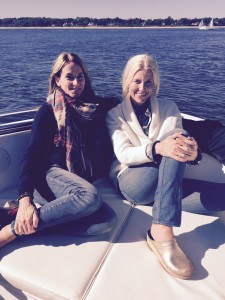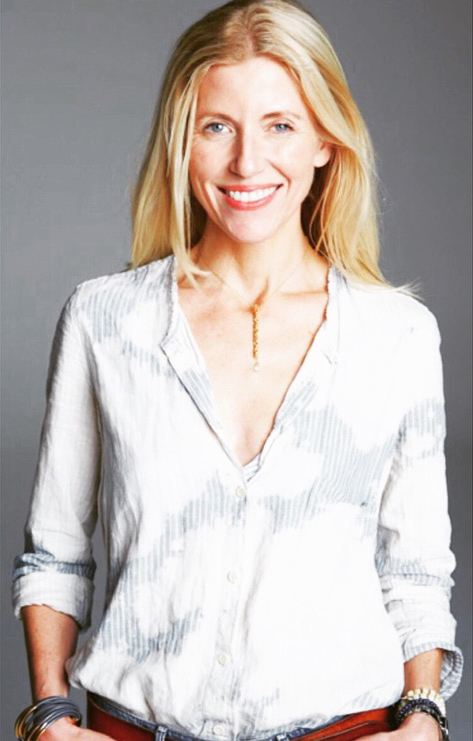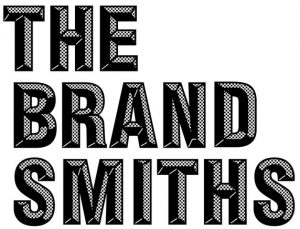
Can you stay with me long enough to tolerate a low-hanging metaphor?
I promise not to stay here long.
I was laying ant traps the other day due to an infestation in my master bathroom. After placing each plastic death square in key pathways, I took a moment to observe. Would they be like bees to honey (or ants to insecticide in this case) or… remain undeterred? My hope was that they’d eat the bait, take it back to their friends, and ideally make painless transitions to more appreciated reincarnations.
Only about half of them took it. The rest went around it.
What is it that causes an ant to know how to avoid his own demise?
And so, my metaphor begins.
How good are any of us at spotting what I can only describe as irresistible yet emotionally costly situations? Are we all susceptible to repeating what, in the end, amounts to the death-of-my-better-self trap?
These ‘traps’ I’m describing are circumstances that trigger behaviors or internal conversations that we know bring out the worst in us — or that further embed a toxic pattern — but that we can’t resist repeating.
In my role as a copy writer, I stop brands from falling into expected messaging traps all the time. But as a human, I’m batting more like the ants.
Being misunderstood, ignored or overlooked.
Coming home to a messy kitchen (guilty).
The internal dialogue that may churn when peer success shines a light on one’s own (seemingly) slower pace.
Certain conditions spike our emotional insulin in just the right way — taking us from calm and optimistic, to cynical and accusing. We give them attention and credibility in a way that hijacks our most rationale, generous attributes. And without a professional to prevent the derailment, it’s up to us to be the disruption we need to thwart such emotional stick-ups.
Couples experience this frequently by virtue of repetition — he does this, so I say that. The relationship rarely improves by repeating that same song and dance (yet again), but impulse control can be weak in version 10,000; tapping into reserves to create a new pattern isn’t always possible. We get tired. And if we’re not paying attention, falling for the poisonous bait of habitual dynamics can quickly go from outlier to the status quo. Chronic discord can lead to distance… and the equivalent of swallowing psychological Raid. Ultimately, it represents more than disagreement, and grows into disengagement. That’s a pretty fatal trap.
Few of our traps are big surprises (childhood dynamics with parents, anyone? Getting cut off in traffic?). While we usually can’t stand how much our reactions keep us from who we want to be and the kinds of relationships we hope to attract, we’re drawn in, and sometimes even addicted, to scratching an emotional itch.
But… no sooner are we full of regret, remorse and a desire to revise immediate history.
While most of us won’t meet our literal death from our own B.S., the cost is still real when it comes to our perception that life is getting better, not worse; that we’re gaining ground, not losing it; that we aren’t alienating people who matter.
Freud called this phenomena Repetitive Compulsion, and without unpacking the full meaning and implication of this term, it basically means we can’t help but repeat dynamics that are hard-wired over time, no matter how icky these perfect storms of familiar dialogues, arguments or triggers make us feel.
I like to think we can, actually, overcome predisposition or long-held defense mechanisms. But as anyone who has tried to disrupt a knee jerk response in some intense personal scenario knows, it ain’t easy. Valuable practices and retreats (designed to repattern these pathways) support transformation, but they’re not insurance policies. Which is to say, it’s hard to change what may be natural, even when it sucks.
But rising a few thousand feet above the day-to-day trip wires, to a more metaphysical plane, traps don’t just enable lesser present selves – they sabotage future ones. Think of the hard work you’ve done to overcome limiting beliefs, or trauma, or stories that don’t support what you really want. These traps are distractions that build walls and block intimacy. They stop movement, figuratively and literally.
For me, falling for a known trap makes me feel bad for days. I admonish myself for knowing better but doing worse. So the ants got me thinking. Why not use words, a currency I often curl up with, to reframe these situational landmines?
Could “traps”…instead be viewed as “tests”?
Instead of heading directly for the bait (because it’s a familiar toxin), we could identify traps as opportunities to foresee the feeling of being cornered by our own beliefs and reactions, and then — with all our mental muscle – twist our own plot. I know I could better anticipate what has kept me down in the past — or as recently as yesterday – and view it as an opportunity to demonstrate something different…to myself, or whoever may be watching. Witnessing myself…not be (my historical) self…could be a very powerful disruptor.
Cognitive dissonance is rarely intentional…
Good people have toxic communication patterns.
Lifelong meditators fly off the handle.
The confident and talented undervalue and underestimate themselves.
These aren’t mutually exclusive scenarios, and our best qualities don’t necessarily save us from our worst ones.
It’s funny how you can just be getting to know yourself, half-way through this life.
It’s also amusing that the traps that most rob us of the good emotional hygiene we hope to nurture aren’t usually high voltage negotiations or even major life events — but rather the daily transactions that come with being alive, being in a relationship, taking risks, being loved.
No one’s trying to kill me (or you) on the plus side.
Yet…I can save my own life (and so can you) at any time.








You must be logged in to post a comment.